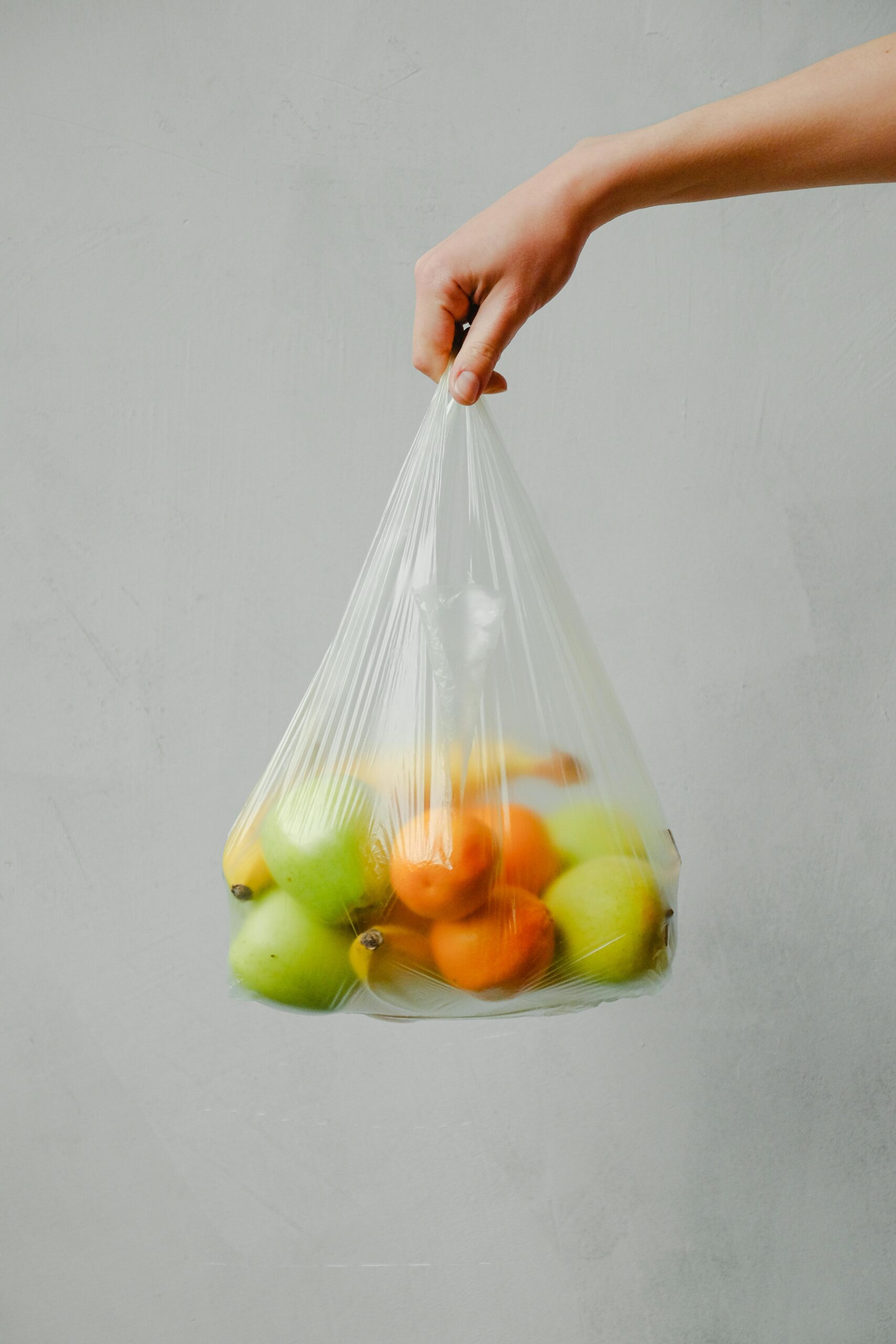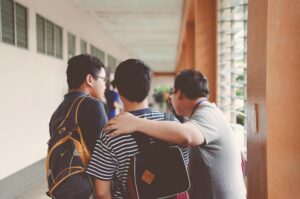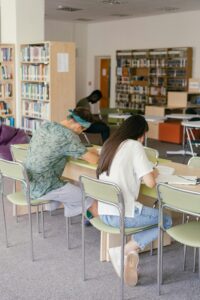This interview refers to the Boroume at School project which can be found in our Good Practices section.
GOOD PRACTICE OVERVIEW, CHALLENGES AND OPPORTUNITIES
What were the original goals and objectives of this practice/activity?
The original goals (which are identical with the ones today) of our educational program “Boroume at School” were to increase the knowledge and awareness of students about food waste. This in turn will contribute significantly to reducing food waste in our society and increase food donations towards people in need, which are also the statutory goals of our organization.
When the program was created in 2014 no educational program about food waste existed in Greece, hence our commitment to creating not only the first but also the most comprehensive program for students of every school age.
What was found to be particularly useful in achieving this practice objectives (methods, approaches)?
Despite the fact that we had enough knowledge about the issue of food waste we did not have the pedagogical background which would enable to us convey the messages with the correct way, engage kids with the most interesting way and approach them in a way that they would understand, learn, get empowered and become our most valuable ambassadors!
We invited friends with many years of school experience as well as people trained in modern pedagogical methods which have been tested and proven as the most suitable for kids today. Our food waste knowledge was paired with these insights and thus the first version of our curriculum was created. We set aside enough time (approx. 6-8 months) for this process in order to ensure that we felt ready enough for our first school visits.
Right from the start of these visits we established an internal process of receiving regular feedback from collaborating schools and teachers. At the end of every school year we look at the insights of the past year and incorporate improvements, new ideas, approaches always with the aim of creating the best possible educational program.
What did students like the most about this practice?
Students love the interactive way of our approach, the fact that we do not give them ready-made solutions and answers but rather try to reach a conclusion together with them, they like very much that we perceive them as agents of change and hope for a better future and not just mere young kids, the like very much the fun ways of looking into a subject such as food waste and also the fact that we take them very seriously while making sure that we have fun all the way.
What were the key problems areas of this practice?
The fact that we did not have a pedagogical background in our team.
The fact that schools in Greece tend to have a very rigid program (this has been improved in the past years).
The fact that in many public schools teachers change after a year and move to other schools which means that we lose the link with that particular school (however this has the positive effect that teachers would have worked with us often to introduce us to their new school).
How can these elements be improved in the future?
The first one has been remedied at the beginning as described before with the help of experienced friends of our organization and since then by hiring new colleagues to run the program who do have a pedagogical background.
The second is being remedied by trying to establish a communication link to the school (often with headmasters) besides the one with particular teachers. With a number of schools we have established a continuous program where we for example visit every year the same classes, e.g. kindergarten, 2nd, 4th and 6th grade.
Is this practice replicable by other teachers in different countries? What factors should be considered while replicating this practice?
There are some parts that are particular to Greece, i.e. the language of many of our activities and that our approach in discussions is of course built for greek society. On the other hand, yes, many practices could be replicated in other countries.
What was the most inspiring aspect for you while implementing this practice?
The fact that you can inspire a kid to become aware and active towards a more sustainable and fair society in the future.







